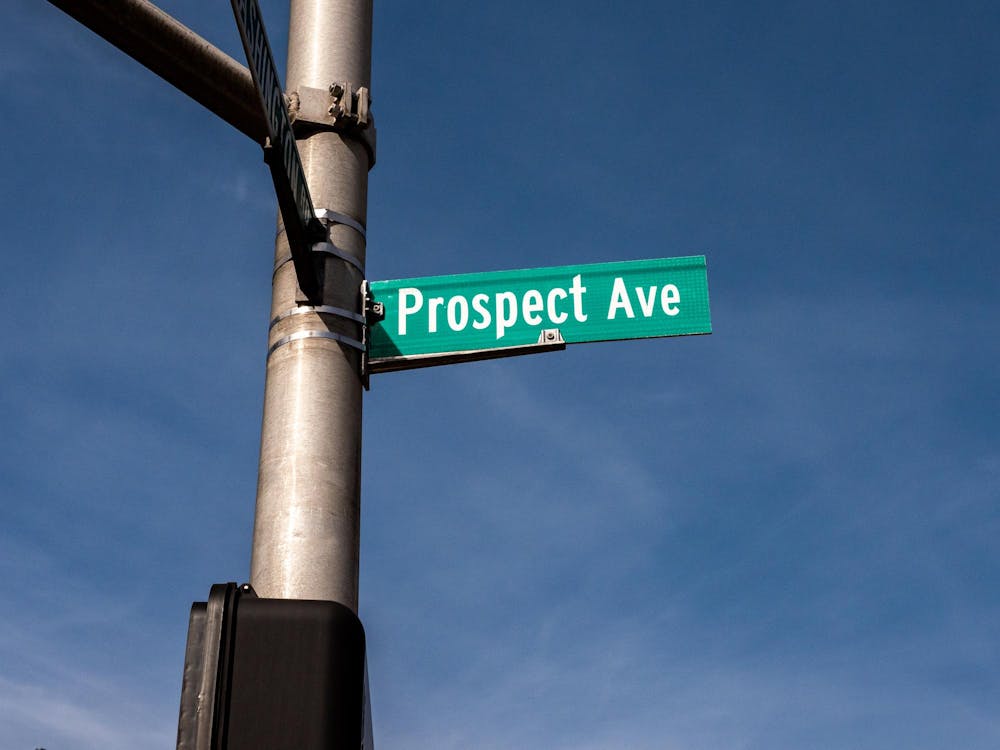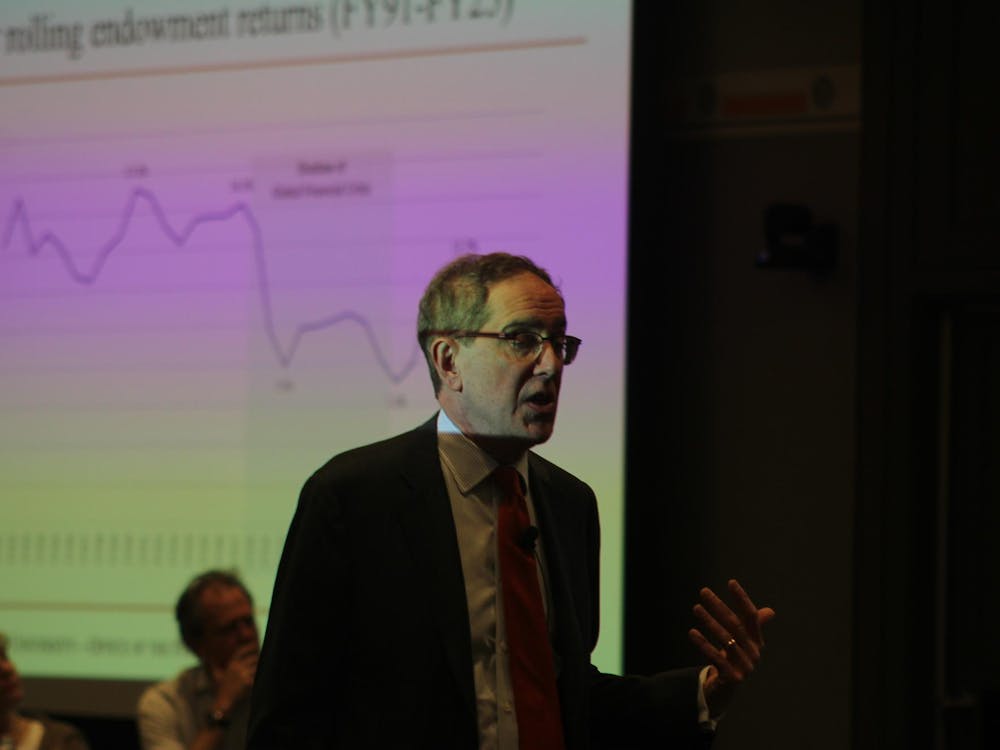Politics professor Robert George was named Wednesday to President Bush's Council on Bioethics, a new panel that will explore the ethical consequences of scientific research. Charged with considering the moral questions surrounding embryonic stem cell research and human cloning, the panel will keep the President apprised of new developments during the next two years. Given the "moving target" of scientific information, the President has allowed the committee to pursue additional issues as they arise, George said.
"[It's] not within the competency of the panel to evaluate the science or to make proposals for the direction of scientific research," George said, emphasizing the committee's focus on ethical considerations. "[The] President created the committee for the best independent information, to be the conscience of the nation."
Concurrent with the panel's first meeting last week, a National Academy of Sciences panel reported Friday that Congress should impose a legal ban on human reproduction by cloning because of the high risk of injury or death. The U.S. House of Representatives has already passed a bill that supports the ban on the creation of human embryo clones and reproductive cloning.
George said he supports the conservative side on both ethical issues, opposing human cloning and destructive embryonic research.
Despite media reports that the President had stacked the panel with conservative theologians and ideologically-based intellectuals — such as Leon Kass, the chairman of the panel — George emphasized the diversity of opinion on the panel.
"I would suspect that while a number of people voted for President Bush, I wouldn't be at all surprised if several voted for Gore," he said. "There is a significant percentage, not just one or two people, who have taken the liberal view."
Though he said he was dismayed that the President had not appointed a liberal bioethicist, professor Peter Singer also noted that Bush had selected representatives of both sides of the arguments.
"[I] was pleasantly surprised that it was less conservative," Singer said."They could have done a worse job, appointing a group of people who would produce a unanimous report."

George maintained that the committee would act as an independent body without pressure from the President. "Anybody who came in the room on Friday," he said, would see a "divided committee" debating.
"I don't expect the President would make any effort to shape the committee work and recommendations," George said. "Some thought there would be pressure on the cloning issue, but Kass indicated last week he would not allow the committee to be hindered by time."
A Senate committee on human cloning could be formed as early as March, George predicted. Kass said the committee would not be pushed or compromise the quality of its work to reach a deadline, according to George.
In contrast to George's work on President Clinton's civil rights commission, George predicted that there would be far less political posturing.

"There was high political division and internal political turmoil," George said of his work on the civil rights commission, a government agency with appointments from both political parties and the President.
"I don't expect anything like that on this committee, [it will be] far less political, far more independent," he said.







